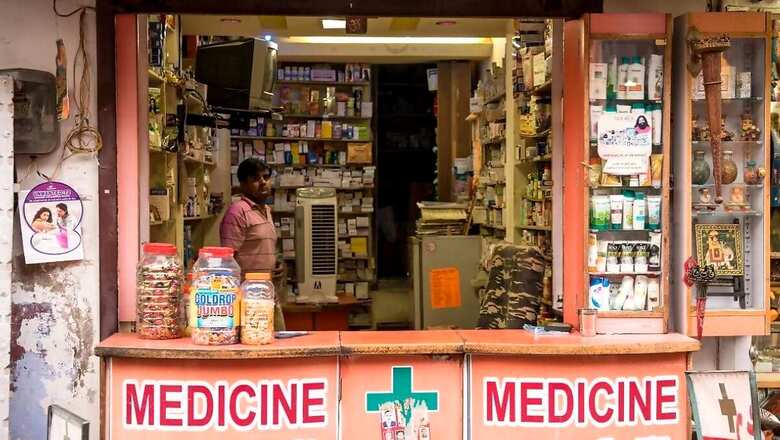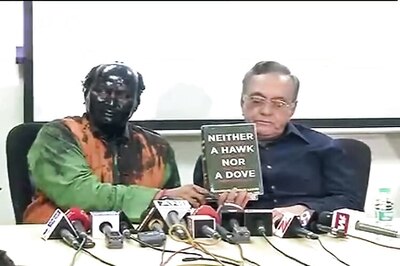
views
To prevent wastage of excess drugs at chemist shops, the consumer affairs ministry had reported to be working on a plan in consultation with pharmaceutical industry to have perforated medicine strips.
Localcircles conducted a survey in which it asked respondents what percentage of the medicines you purchased ended up not getting used, expired or thrown away, 21% indicated that they don’t discard any drugs and 4% did not give any clear response.
Nearly one in three or 36% of total respondents stated that they throw out up to 10% of the medicines they purchase; 27% end up throwing up 10-30%; 6% discard 30-50% of unused medicines; and 6% throw 50- 70%. In effect 3 in 4 households surveyed have been discarding up to 70% unused medicines purchased in the last 3 years.
When asked what are the key reasons for paying for excess quantities of medicines, 29% respondents stated that “we stop taking the prescribed medicine after a few days/ getting better”; 18% shared that ePharmacies sell a higher minimum quantity than what is needed”; 7% cited other reasons.
Besides the complaints of chemists and ePharmacies selling larger minimum quantities than required, the survey also brings to fore a major concern of health experts – people stop taking prescribed medicine after a few days/ getting better.
The final crucial question in the survey asked what should be done to reduce the wastage of medicines at households. Nearly, 7 in 10 households wanted chemists and ePharmacies to sell drugs in smaller quantities and the manufacturers should be mandated to take back unwanted but not expired medicines within a month of being sold.
The data shows that 27% of the respondents favour “chemists and ePharmacies to sell medicines in smaller quantities with the pharmaceutical manufacturers also mandated to take returns from them”; 43% want that “consumers should be permitted to return any unused or sealed medicine quantities within a month with pharmaceutical manufacturers also mandated to take returns from them”; 22% want that “chemists, ePharmacies and pharmaceutical manufacturers should work as is and instead every district should have a hospital where people can donate unused medicines”; 6% felt other solutions are needed; and 2% of respondents were uncertain.
The survey received over 33,000 responses from citizens located in 322 districts of India. 64% respondents were men while 36% respondents were women. 43% respondents were from tier 1, 32% from tier 2 and 25% respondents were from tier 3, 4 and rural districts.




















Comments
0 comment